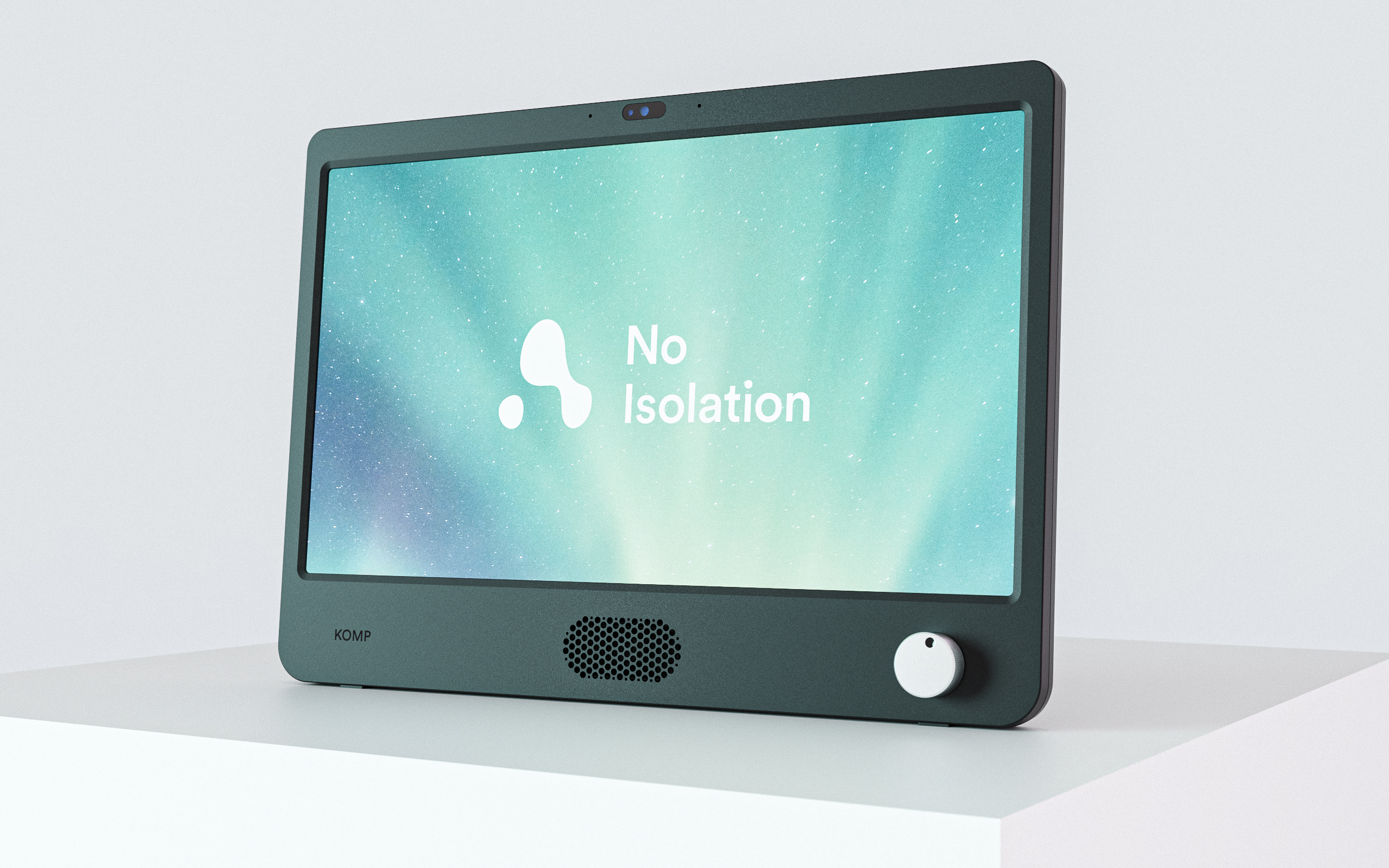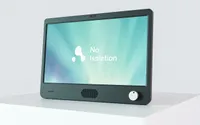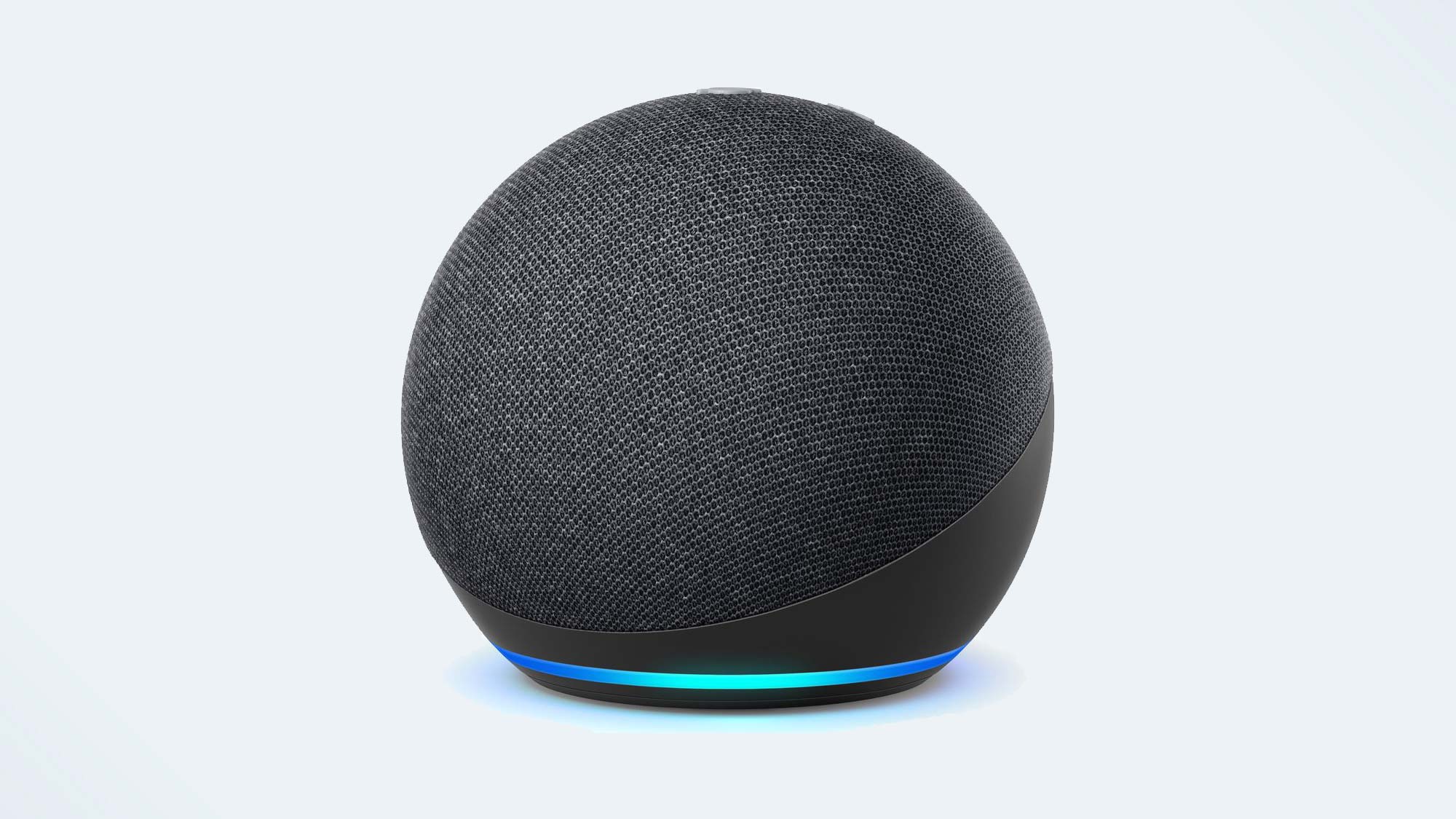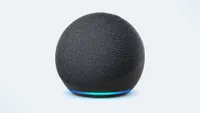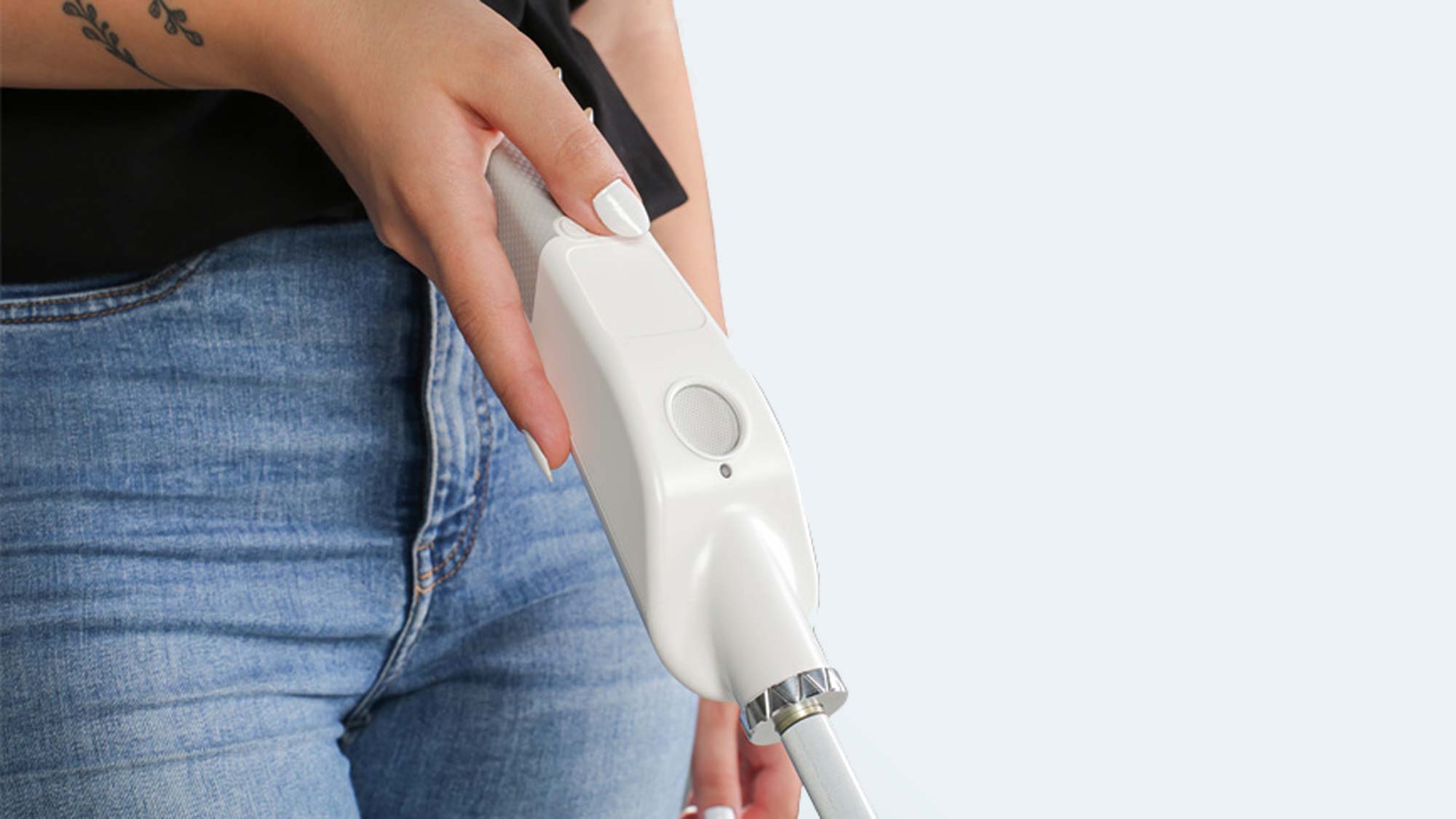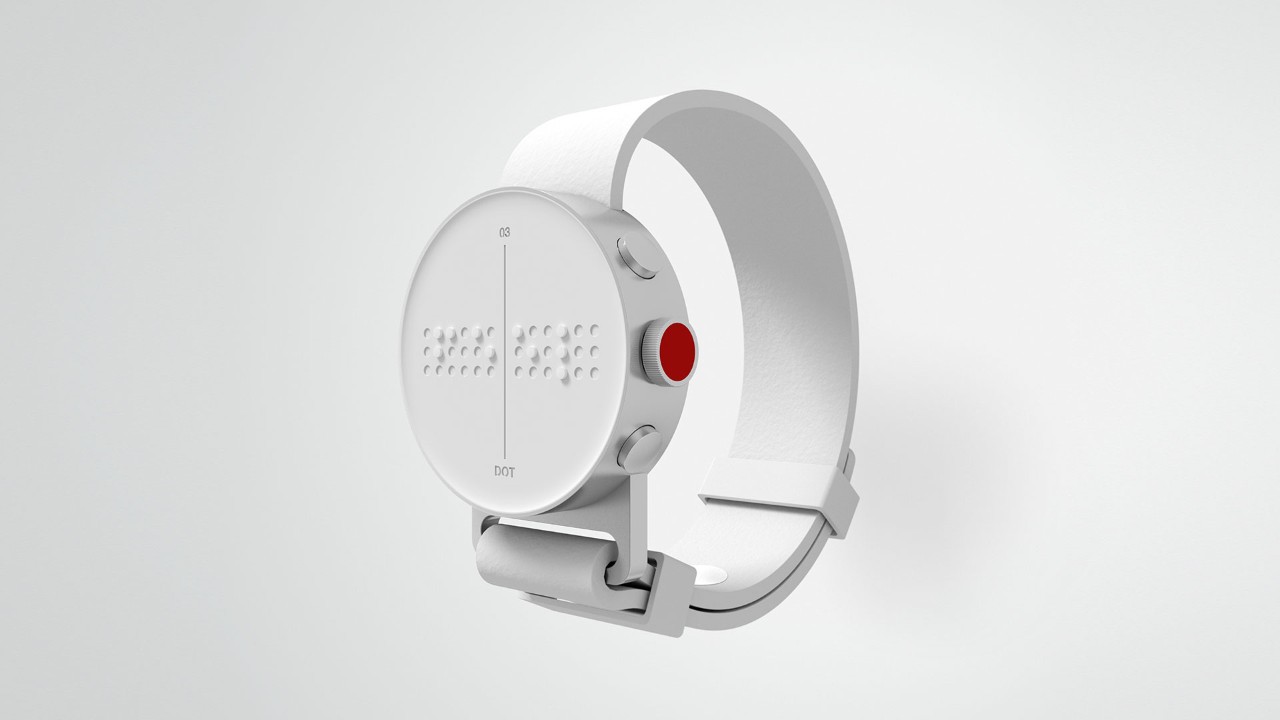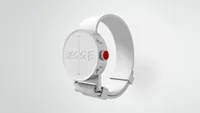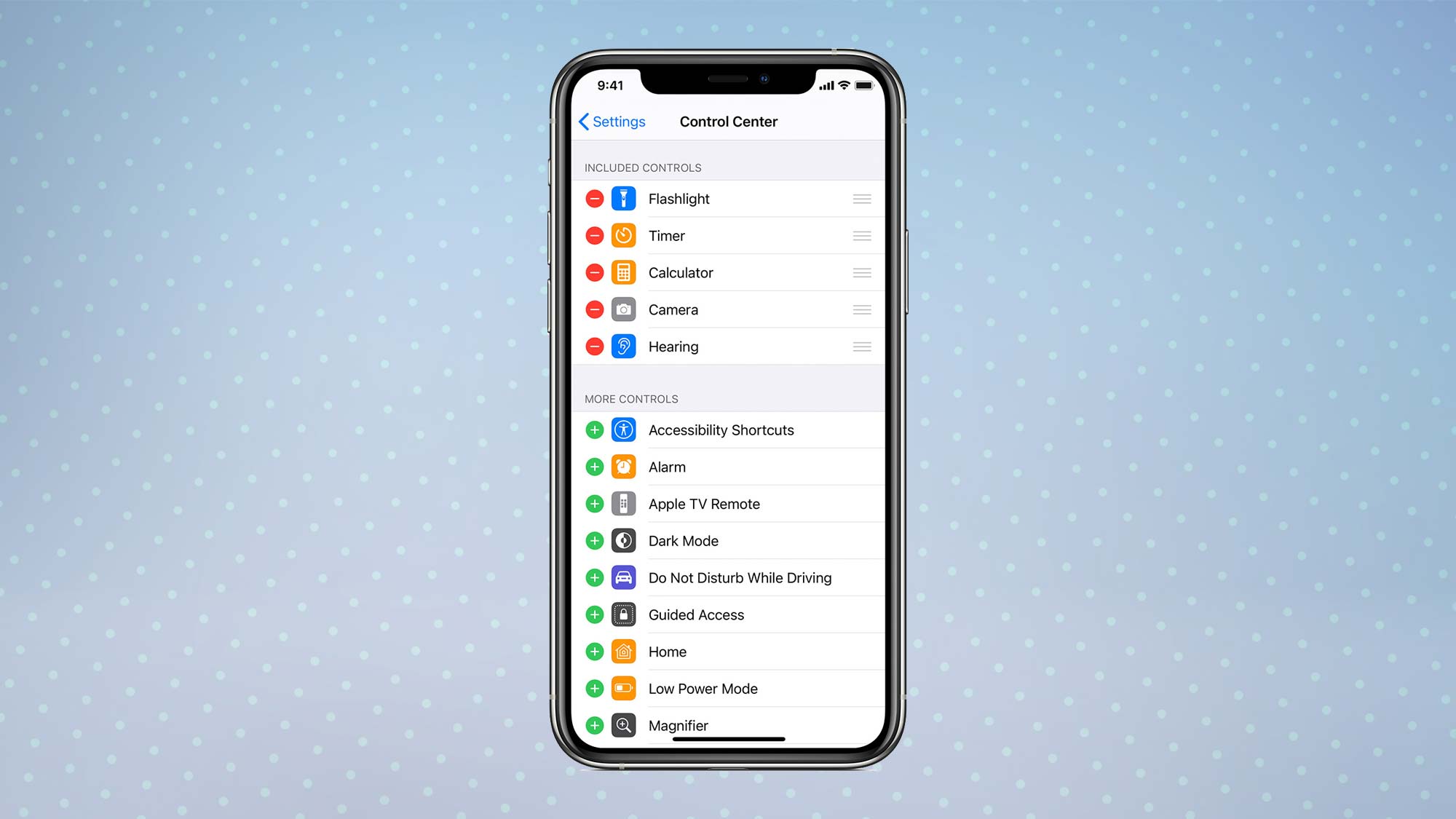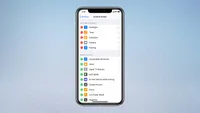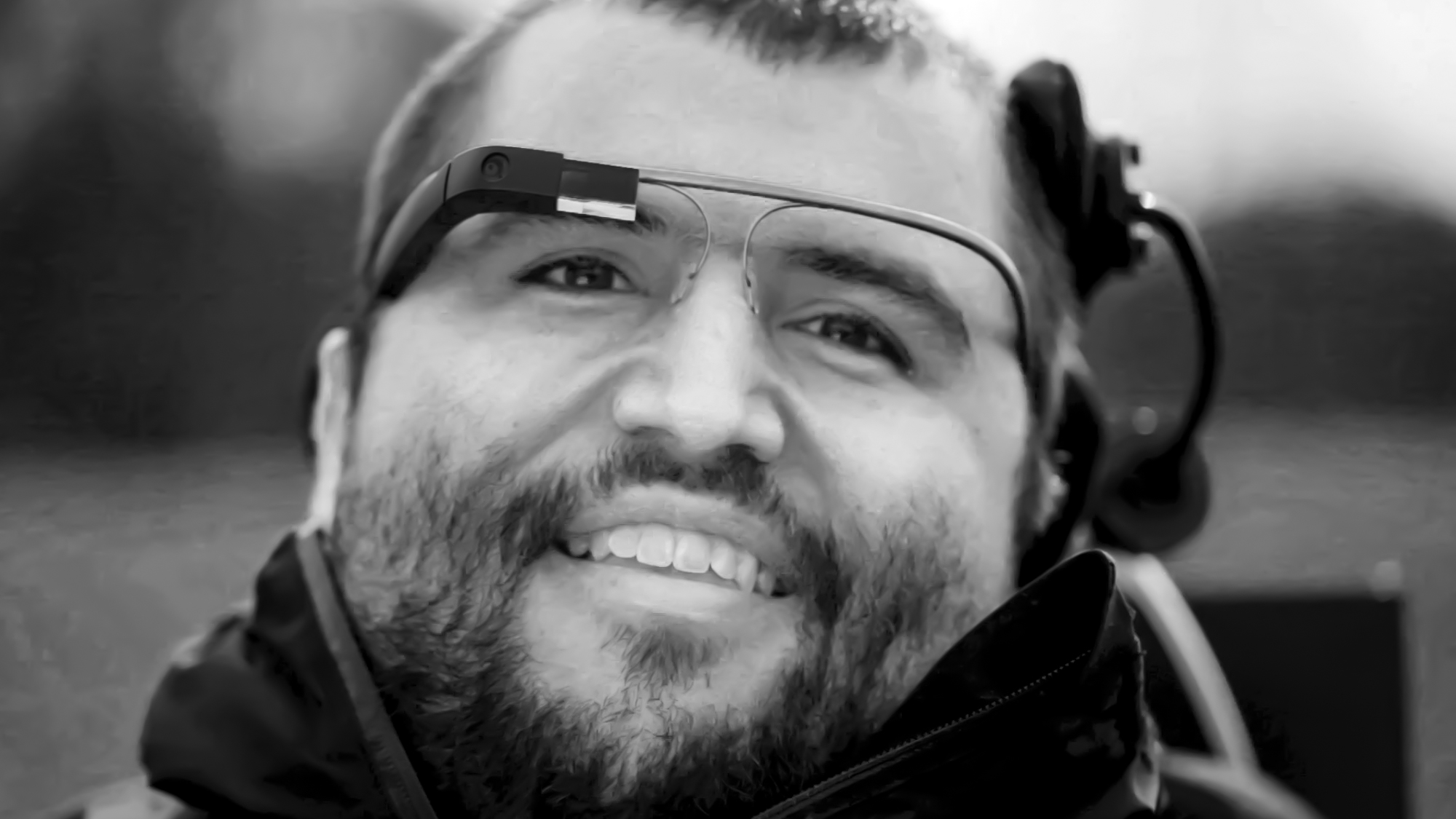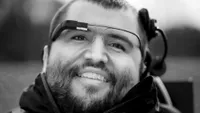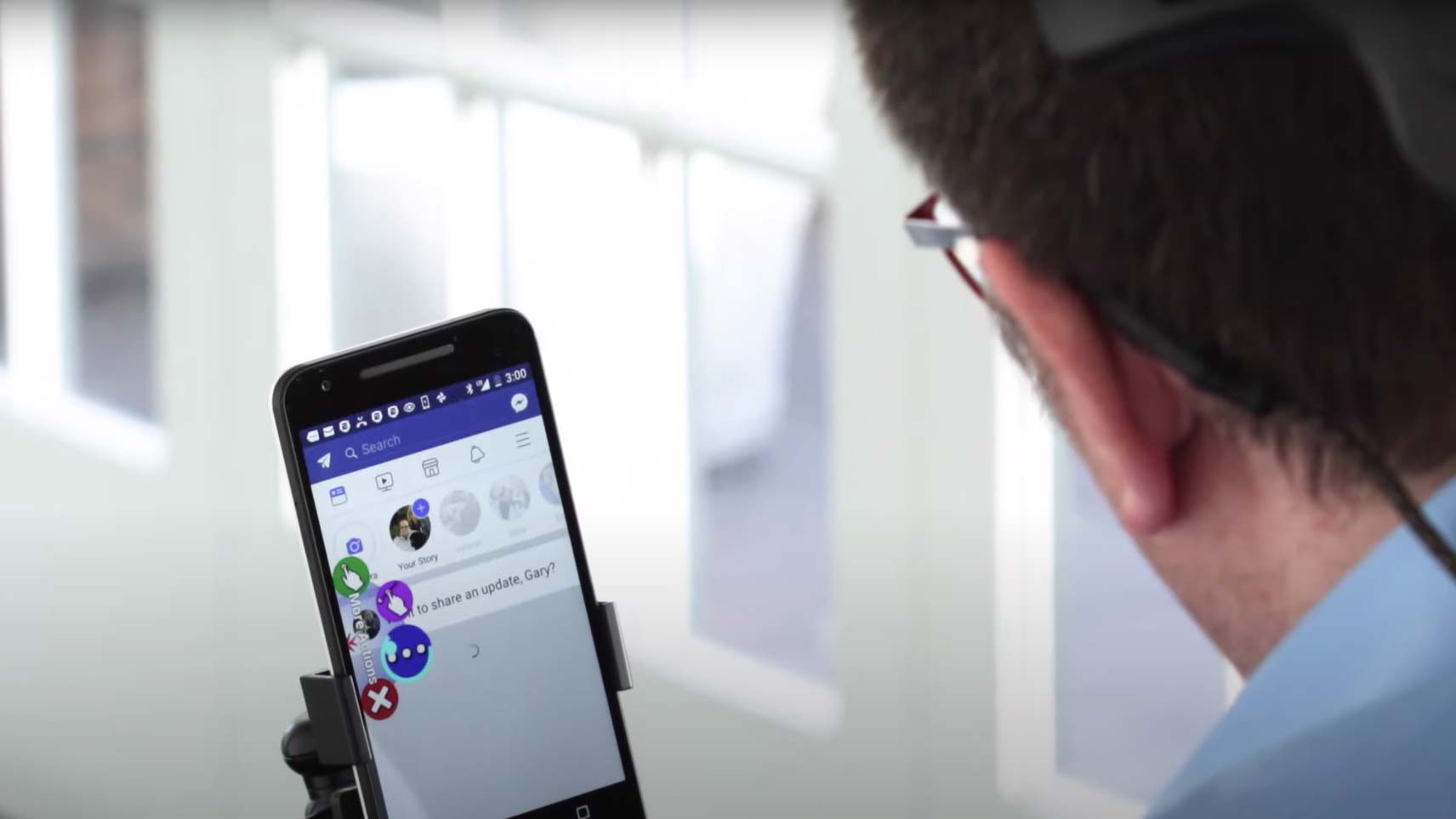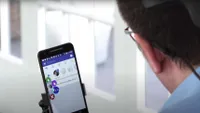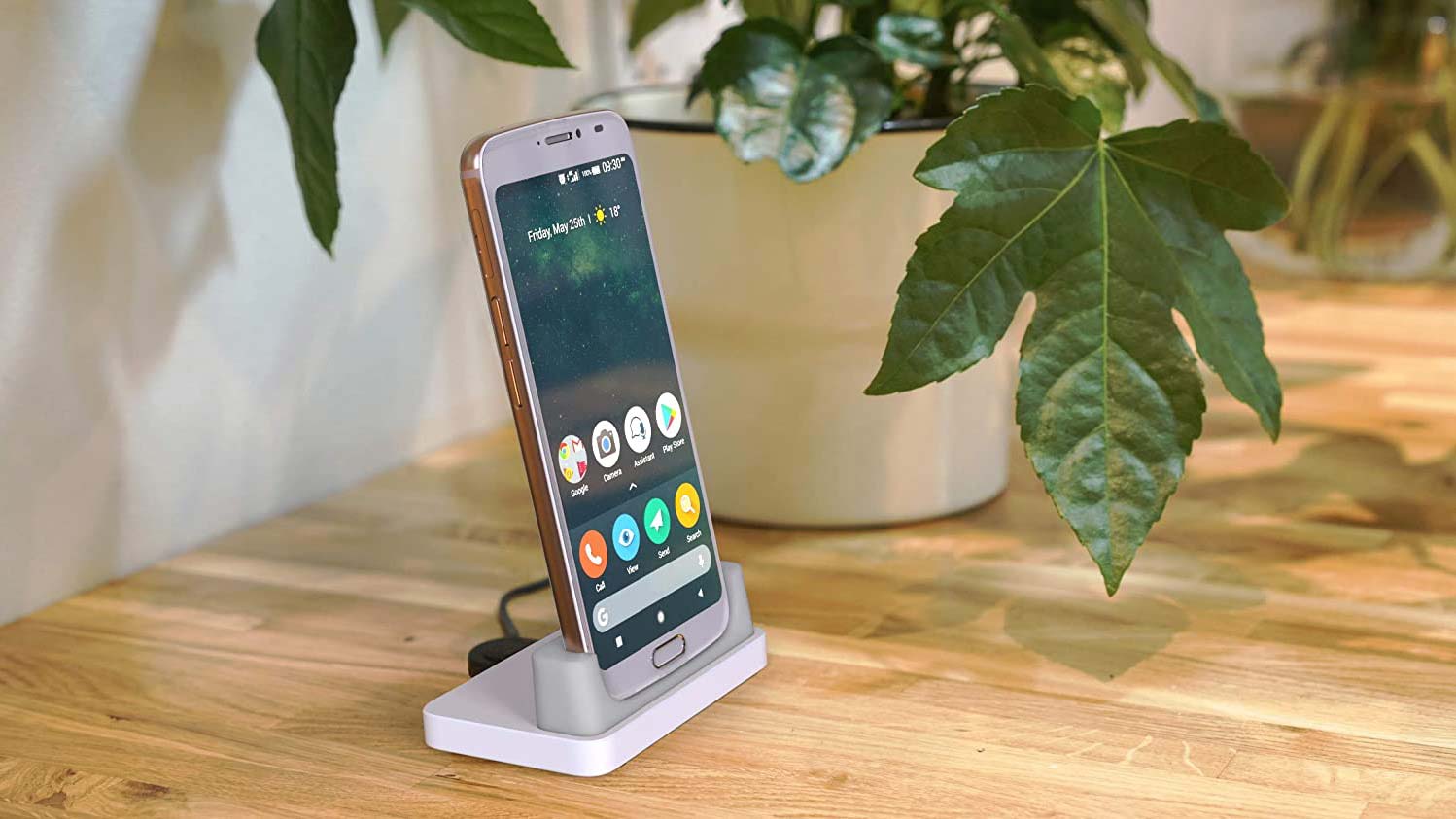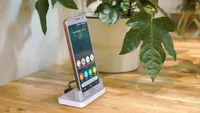Best Assistive Technologies 2021
This is the best tech that helps those with disabilities
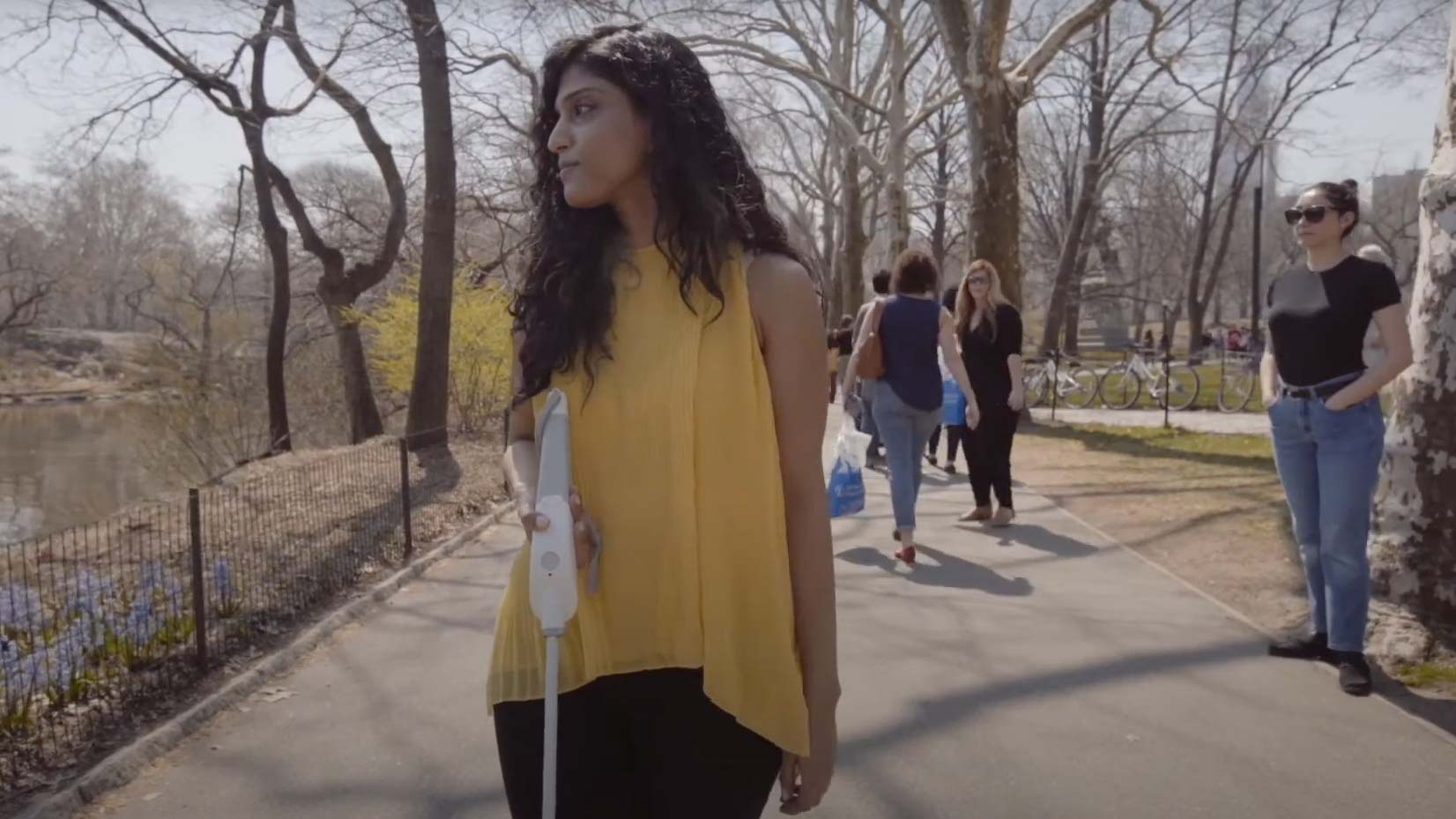
Sign up to receive The Snapshot, a free special dispatch from Laptop Mag, in your inbox.
You are now subscribed
Your newsletter sign-up was successful
One of the most extraordinary qualities of technology is its power to help those most in need. While the billion disabled people living across the world undoubtedly experience a range of challenges daily, new developments in assistive technology can transform their lives for the better.
This technology aims to make the day-to-day lives of disabled people easier by allowing them to do things they once found really challenging or virtually impossible. With the support of assistive technology, anyone who has some form of disability can enjoy increased independence and a better quality-of-life.
From smart glasses that let electric wheelchair users navigate using head movements to an intelligent cane that warns blind people of hazards around them, many different assistive technologies exist today to help people with a myriad of disabilities. In this article, we round up the best of them.
KOMP
For senior citizens and other vulnerable people, modern computers can be extremely challenging to use. However, Norwegian startup No Isolation is looking to make technology more accessible for people who have no digital experience with its one-button computer, KOMP.
The computer is designed to be installed in a senior citizen’s home so that their family and friends can contact them and send them content using a specially designed app. Once the user switches on the device, they can read messages, answer video calls and look at pictures sent by their loved ones via a large, non-touch display.
Compared to traditional computers, KOMP requires minimal input from users. All you need to do is perform basic actions via a big button located on the front of the device. Users don’t have to remember usernames and passwords, either. Meanwhile, family and friends can control the device and send content via the dedicated smartphone app. Costing £599/$800, KOMP is available in the UK, Norway, Sweden, Denmark, and the Netherlands.
Amazon Echo
Going about daily life can be extremely challenging for people with mobility impairments and other disabilities. But with a smart speaker like Amazon Echo, they can conduct a range of daily tasks just by speaking.
Sign up to receive The Snapshot, a free special dispatch from Laptop Mag, in your inbox.
Users can ask the speaker’s built-in voice assistant, Alexa, to ring people, send messages, update their calendars, create to-do lists, set alarms and timers, play music, provide news and weather updates, buy items online, manage their smartphone devices, and lots more.
Amazon’s fourth-generation Echo smart speaker costs just $99, boasts a new spherical design and is more powerful than ever thanks to the US tech giant’s new AZ1 Neural Edge processor.
WeWalk
Millions of people living with visual impairments depend on white canes to lead independent lives. But one startup is on a mission to make this tool even more life-changing with modern technology.
WeWalk has developed a high-tech handle that is installed on the top of a white cane. Its built-in ultrasonic sensor can identify elevated obstructions that users may encounter as they walk outside, like street signs and tree branches, and vibrate to alert them.
Users can also connect their smart cane to a dedicated smartphone app to work out where they are, find their way to different locations, and receive public transport information. The device provides voice responses through a built-in speaker or a pair of Bluetooth headphones.
Should users ever misplace their cane or phone, they can also get voice alerts to help locate it. WeWalk continues to add new features and integrations by regularly updating its smartphone app. The smart cane currently costs $539.
Dot
The Dot is a braille smartwatch for people who have visual impairments. It allows them to learn the time and date in braille. However, by connecting the watch to a smartphone over Bluetooth, they can also read notifications, messages, memos, and other types of content in braille.
Its display comprises 24 dots, which automatically move up and down to provide four braille letters. Other features include alarms, timers, a stopwatch, a braille dictionary, the capability to answer and reject phone calls, a 5-day battery life, find my phone functionality, and lots more. The aluminum smartwatch works with both Android and iOS devices, and is priced at $299.
Apple Live Listen
Live Listen from Apple is an excellent piece of assistive tech for the hearing impaired. It essentially turns iPhones, iPads, and iPad Touches into microphones that monitor sound in noisy environments and replays those sounds on a pair of AirPods or Powerbeats Pro.
Apple claims that the solution can help deaf and hard-of-hearing users listen to conversations in loud spaces and listen to people talking from the other side of a room more clearly.
To use this feature, you need to add it to the Control Centre in settings, tap the ear symbol in the Control Centre, tap Live Listen, and place your phone close to the person who’s speaking. The Cupertino-based tech giant provides clear instructions on how to set up Live Listen on your iOS device.
Munevo Drive
The German tech company Munevo has created a pair of smart glasses that make it easier for electric wheelchair users to get from A to B. The device, called Munevo Drive, lets them navigate hands-free by making head movements.
Its sensors cleverly turn head movements into signals used for controlling the electric wheelchair. The control signals are received over Bluetooth by an adapter attached to the electric wheelchair.
The glasses themselves sport a display that sits before the user’s right eye. With this, they can access a navigation menu and different controls. What’s more, users can take photos using a built-in camera, share these, adjust their wheelchair seat position, and send emergency messages.
Open Sesame
Designed for people with amyotrophic lateral sclerosis, spinal cord injuries, multiple sclerosis, and other forms of paralysis, Open Sesame allows you to control smartphones, tablets, and computers hands-free via head movements.
Open Sesame utilizes the device’s front camera for monitoring head movements made by the user and built-in computer vision algorithms for generating a cursor, just like the type you’d use on a laptop or desktop computer. Users control this cursor through head movements.
The app allows users to upload social media posts, write text messages, ring people, use apps, and lots more without operating a touch screen, mouse, or trackpad. It’s available to download for free on Android, Windows, and iOS devices.
Doro 8080
Swedish tech company Doro has a solid reputation for designing easy-to-use, feature-packed phones for senior citizens. And the Doro 8080 is its latest smartphone targeted at users over the age of 65.
In terms of specs and features, the handset sports a 5.7-inch display, Android 9.0, a GPS-based emergency assistance button, a fingerprint sensor, 16-megapixel and 5-megapixel cameras, a built-in voice assistant, a premium aluminum design, a headphone jack, a USB port, and more.
If a user experiences any issues with the 8080 and needs help, their loved ones can access the device remotely to assist. The handset has official hearing aid compatibility, too. It currently retails at £249.99 on Amazon, and comes in either copper or white.
